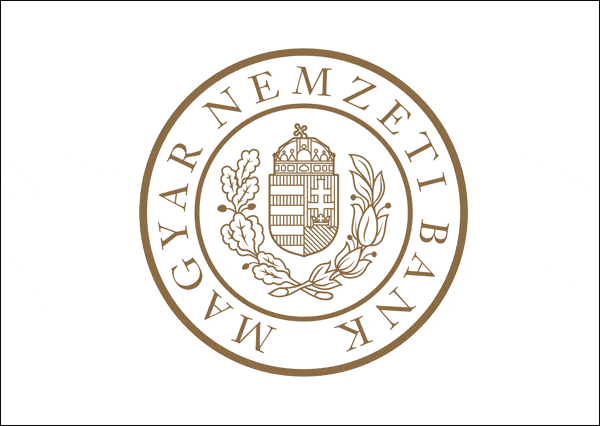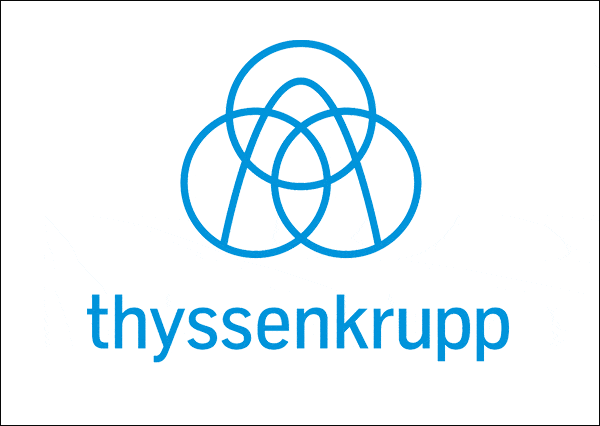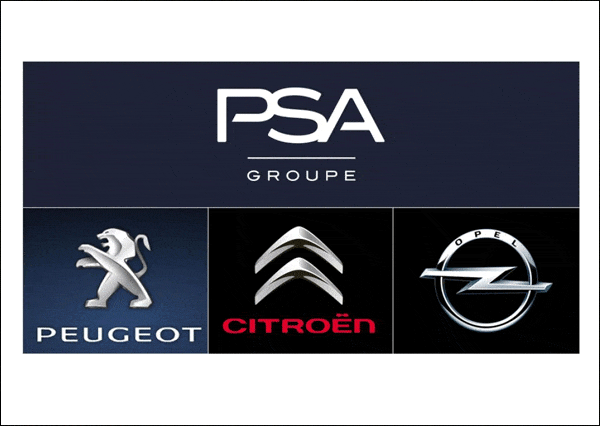No Results Found
The page you requested could not be found. Try refining your search, or use the navigation above to locate the post.


The National Bank of Hungary (Magyar Nemzeti Bank) controls Hungary’s monetary policy and is a member of the European System of Central Banks. A secure solution had to be found for the bank’s employees in order to secure access to IT resources without restricting their actual activities. Different roles and accounts had to be taken into account.

By integrating the smartcard middleware SCinterface from cryptovision into the card management solution “MARGARETA” from a Hungarian provider, the introduction into a complex environment has been successful.
The page you requested could not be found. Try refining your search, or use the navigation above to locate the post.


Vector Informatik has been developing software tools and components for networking in electronic systems for over 35 years. At 33 locations worldwide, more than 4,000 employees support manufacturers and suppliers of the automotive industry with tools, software components and services for the development of embedded systems. Vector Informatik uses the cryptovision library. Based on crypto-mechanisms provided by this library, a secure bootloader for automotive control systems has been realized, which is now used in millions of cars of several large automobile manufacturers.
Vector Informatik uses the LibraryES library from cryptovision. Based on crypto-mechanisms provided by this library, a secure bootloader for automotive ECUs has been implemented, which is now used in millions of cars of several major car manufacturers.
LibraryES
The page you requested could not be found. Try refining your search, or use the navigation above to locate the post.


ThyssenKrupp Presta is an automotive supplier based in Liechtenstein. It is part of ThyssenKrupp, an international group of companies based in Germany with over 150,000 employees. Like many other industrial companies, ThyssenKrupp Presta is currently replacing password-based authentication processes with smart card solutions. Smartcard middleware plays an important role here. ThyssenKrupp Presta relies on the smartcard middleware SCinterface from cryptovision, which supports all important applications, platforms, interfaces and card types used in the company.
ThyssenKrupp Presta has chosen cryptovision’s smart card middleware SCinterface, which supports all important applications, platforms, interfaces and card types used in the company.
The page you requested could not be found. Try refining your search, or use the navigation above to locate the post.


PSA is the second largest car manufacturer in Europe. The Paris-based company is known for its Peugeot, Citroën and Opel brands, among others. Like any technology group, PSA has to protect itself against hackers and industrial espionage. The company’s IT department therefore decided to make authentication on the PC more secure for employees in particularly sensitive departments. However, the password safes, which were initially used on a trial basis, did not provide the hoped-for plus in security or the necessary user-friendliness. It was therefore decided to completely abolish passwords and introduce smartcards instead. This also made a smartcard middleware necessary.
PSA has decided to use the smartcard middleware SCinterface from cryptovision. The decisive factor was the high flexibility of this solution: SCinterface supports all important applications, platforms, interfaces and card types. So PSA did not have to fear that certain applications would not work or that interoperability problems would arise if the smartcard provider changed.
In the meantime, PSA has equipped several thousand employees with smartcards – including SCinterface. These are now used not only for authentication on the PC, but also for digital signing of internal documents.
The page you requested could not be found. Try refining your search, or use the navigation above to locate the post.


The company e.solutions was founded jointly by Audi and the automotive IT specialist Elektrobit. With almost 600 employees, e.solutions specializes in automotive infotainment. The main goal of the company is the development of innovative entertainment electronics for cars, where voice control and ergonomic user interfaces play an important role.
As a security-conscious company, e.solutions uses smart cards to protect operating system logins and other system logins. The smartcard middleware used is SCinterface from cryptovision. SCinterface, which has been on the market for over a decade, supports over 80 card types on all relevant platforms as well as all relevant crypto interfaces. SCinterface is therefore one of the most powerful smart card middleware solutions on the global market.
The smartcard solution used by e.solutions is based on the smartcard middleware SCinterface from cryptovision. SCinterface, which has been on the market for over a decade, supports over 80 card types on all relevant platforms as well as all relevant crypto interfaces. SCinterface is therefore one of the most powerful smartcard middleware solutions on the global market.
The page you requested could not be found. Try refining your search, or use the navigation above to locate the post.